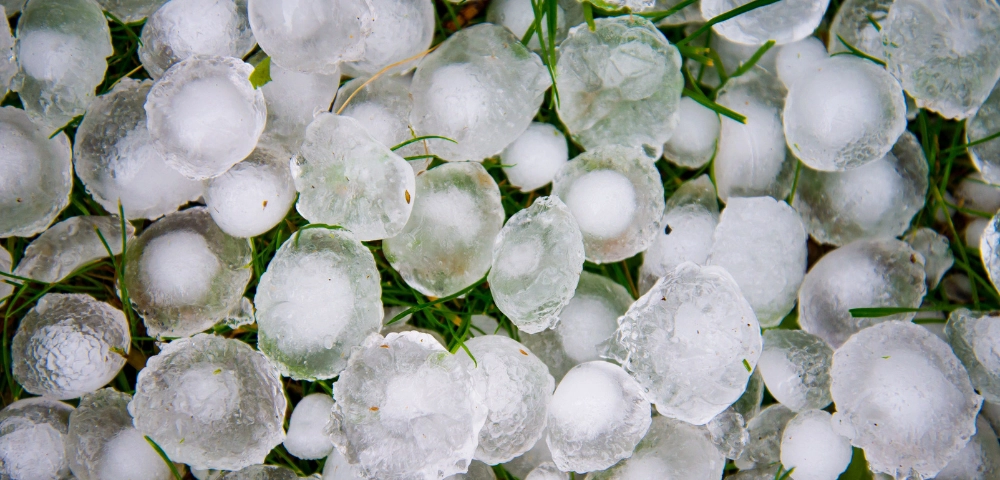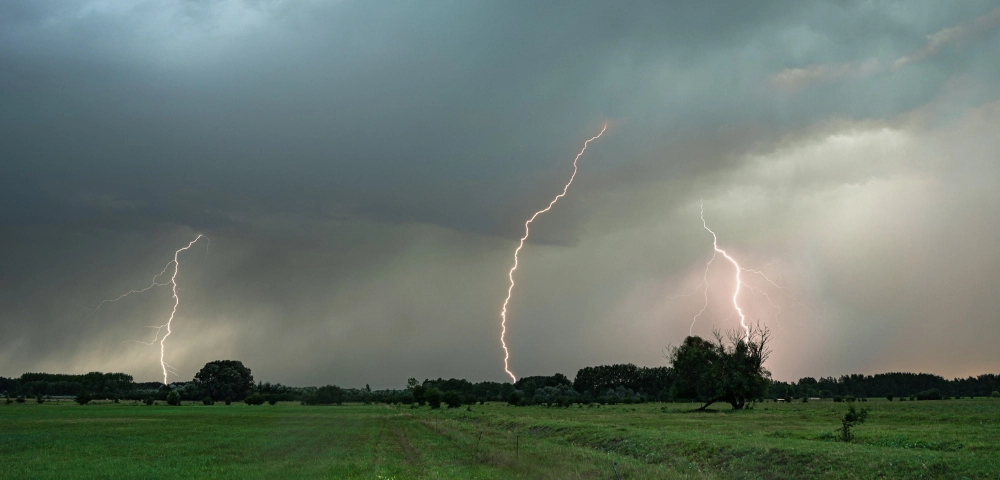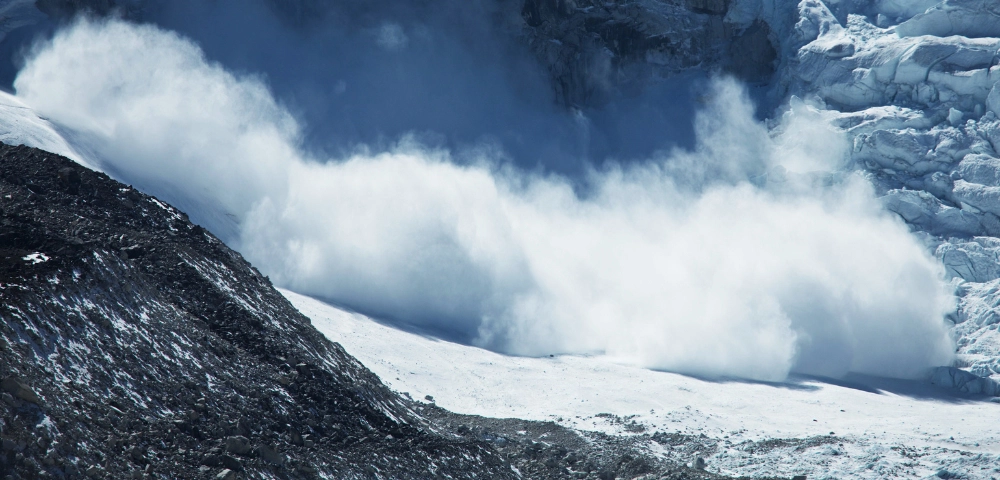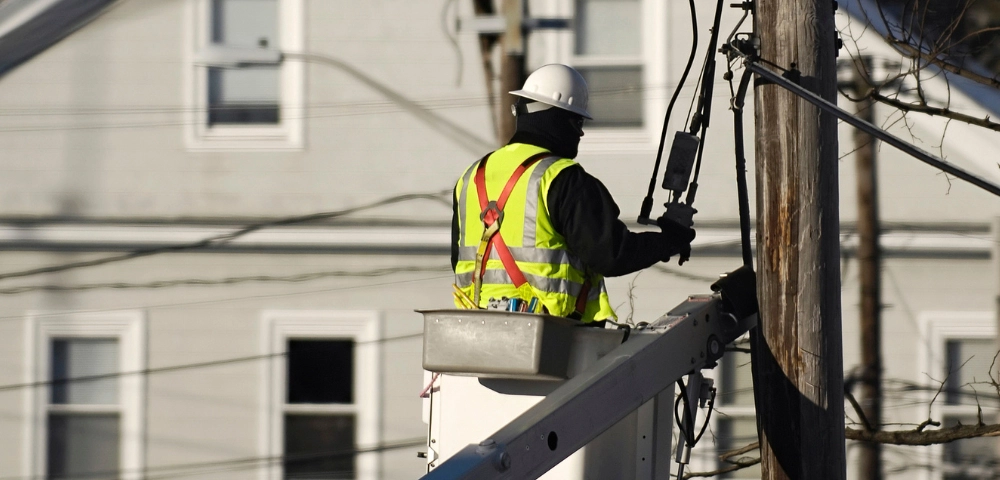Severe weather events are no longer rare but have become increasingly common and devastating worldwide. These events profoundly impact communities, economies, and the environment, highlighting the urgent need for robust measures to mitigate and adapt to these extreme weather patterns. Recent incidents in Croatia, the United States, Switzerland, and across Europe underscore this pressing issue.

Devastating Hailstorms in Croatia
In June 2024, the Croatian towns of Bošnjaci and Vinkovci were battered by a ferocious hailstorm, leading the government to declare a natural disaster. This violent storm wreaked havoc, causing extensive damage to homes, crops, and infrastructure and leaving many residents in desperate need of assistance. This event not only underscores the increasing frequency and intensity of severe weather in regions previously considered safe but also prompts the Croatian government to focus on recovery efforts and devise strategies for future weather-related disasters.

Severe Weather Outbreak in the U.S. Midwest
On June 13, 2024, the Midwest United States faced a severe weather outbreak marked by powerful thunderstorms, large hail, and damaging winds. The National Weather Service reported significant impacts across several states, including widespread power outages, substantial property damage, and, tragically, some fatalities. This outbreak starkly reminds us of severe weather's destructive potential, emphasizing the need for effective weather forecasting and emergency response systems to safeguard lives and property.

Switzerland's Growing Vulnerability to Natural Disasters
Switzerland, long known for its stable and predictable climate, is now grappling with an increased threat from natural disasters. The Swiss government has recognized the country's growing vulnerability to floods, landslides, and avalanches, which are becoming more frequent and severe due to climate change. In response, Switzerland is enhancing its disaster preparedness and resilience strategies, including developing early warning systems and sustainable infrastructure projects. These efforts are critical in protecting communities and mitigating the impacts of extreme weather.

Extreme Weather Patterns Across Europe
Europe is experiencing a rise in extreme weather conditions, including unprecedented heatwaves, severe floods, power outages, and prolonged droughts. These patterns are closely linked to climate change, with rising global temperatures intensifying weather phenomena. The European Environment Agency has highlighted the urgent need for comprehensive climate action plans addressing these extremes' root causes. Such plans are essential for protecting communities and minimizing the socio-economic impacts of severe weather.

Need for Global Action
The increasing prevalence of severe weather events worldwide signals an urgent call for global action on climate change and disaster preparedness. Governments, researchers, and communities must collaborate to implement effective strategies that tackle the root causes of climate change, enhance forecasting capabilities, and improve resilience to extreme weather.
Proactive measures and innovative solutions, including advanced weather intelligence solutions, are crucial to safeguarding lives, property, and the environment from the growing threat of natural disasters. These cutting-edge technologies provide real-time data, predictive analytics, and actionable insights that can significantly enhance our ability to anticipate, prepare for, and respond to severe weather events, ensuring a more resilient and secure future for all.























